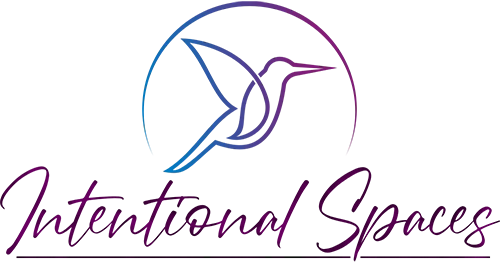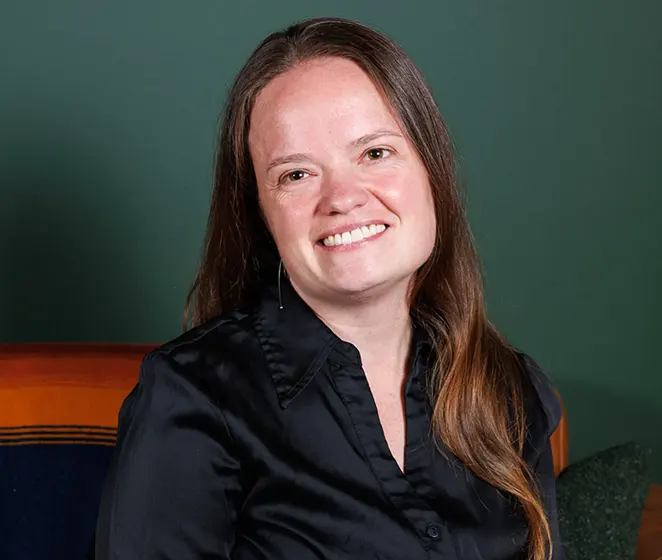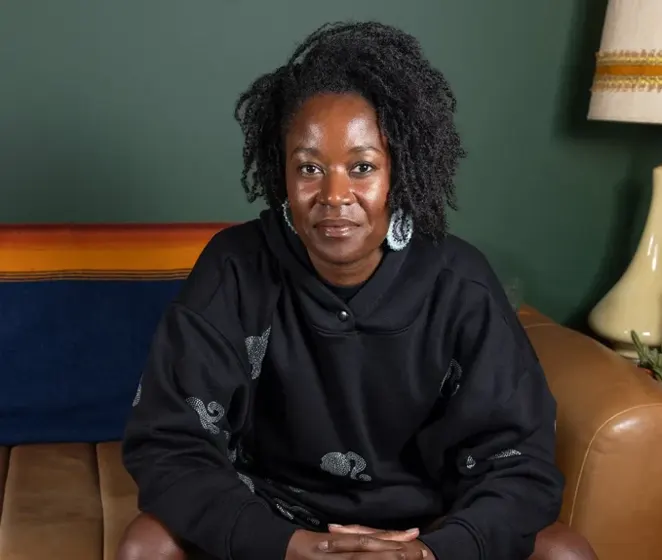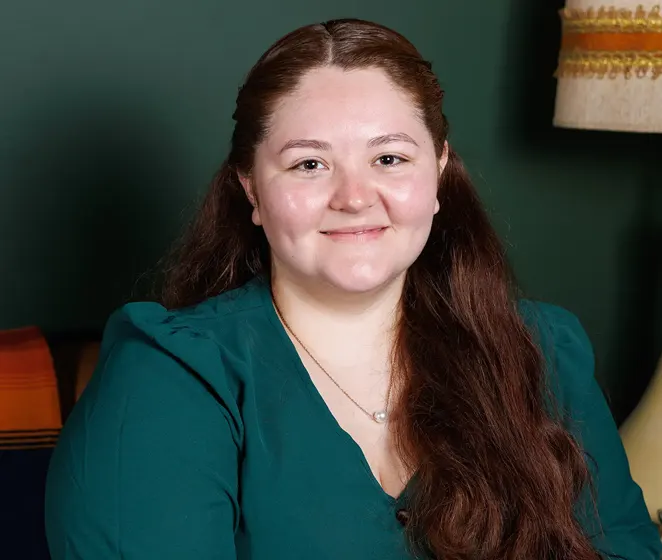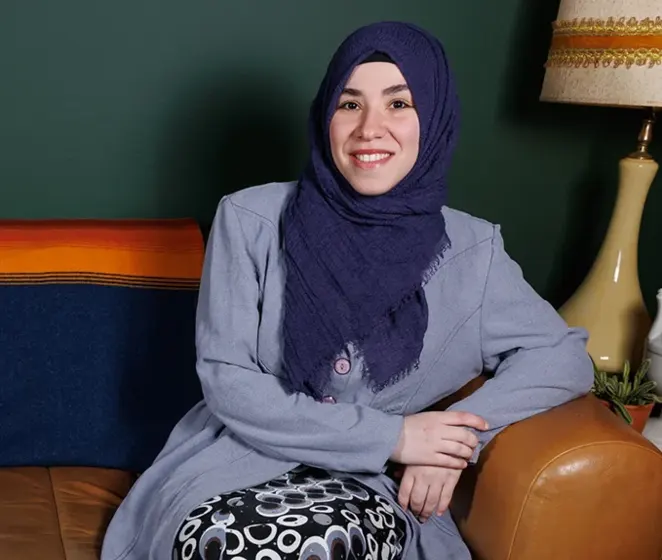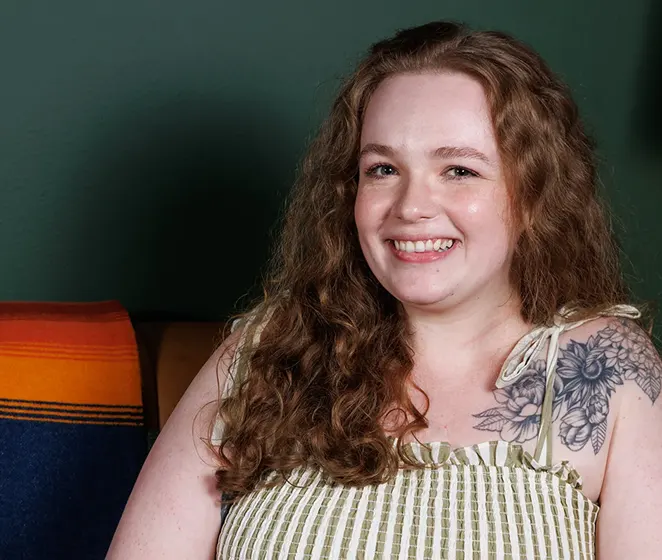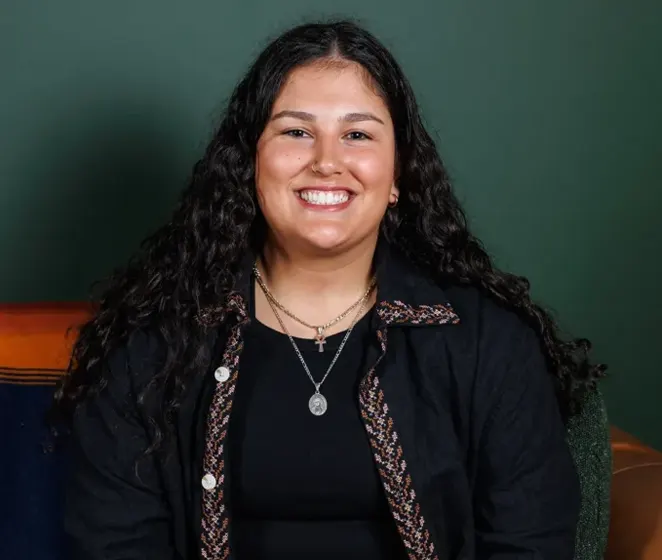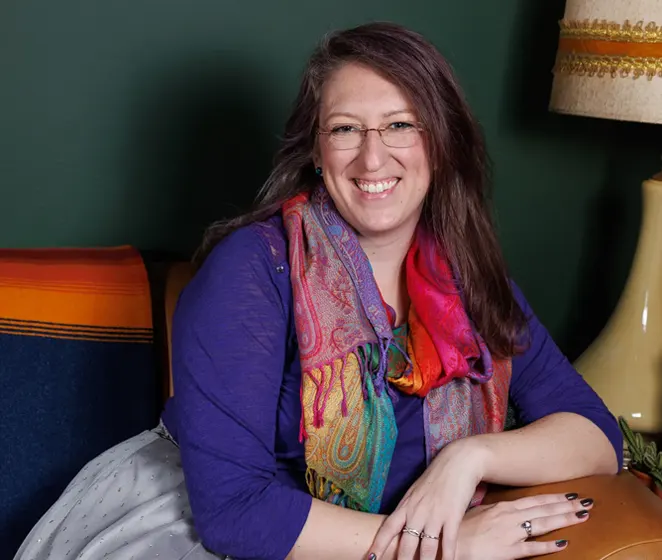by Intentional Spaces Psychotherapy
You’ve learned how to carry a lot. Sometimes that looks like resilience, showing up, pushing through, knowing how to read a room before you speak. Sometimes it looks like silence, choosing peace over confrontation, staying quiet to stay safe, making yourself smaller to survive.
Even when the world applauds your strength, there’s a cost to holding that much for that long.
For LGBTQ+ folks, the path to survival is often lined with adaptation. You become fluent in changing shape to fit into spaces not built for you. You master self-protection. You become skilled at shrinking just enough to avoid rejection or scrutiny. And over time, you may start to forget what it feels like to be fully in your own body, your own truth, your own presence.
What LGBTQ+ Burnout Actually Feels Like
Burnout is often misunderstood. It’s not just physical exhaustion or stress from being busy. For LGBTQ+ clients, burnout is often emotional and relational; it’s the weight of always managing how safe it is to be seen. It’s the constant weight of monitoring your authenticity to stay safe.
Even in places that are technically “inclusive,” your nervous system may still be doing the math:
- Will I be misgendered in this space?
- Will my story be welcomed or dissected?
- If I’m honest about how tired I am, will I be blamed or believed?
Over time, you may find yourself withdrawing, not just from people, but from yourself. You stop expecting joy. You avoid rest because stillness makes your emotions louder. You numb out to survive the day and feel guilty for wanting more.
Therapy helps name this for what it is, not a failure to cope, but the natural result of carrying too much invisibly, for too long.
The Emotional Cost of Self-Editing
One of the most draining experiences for LGBTQ+ individuals is the subtle, constant self-monitoring that becomes second nature.
You scan for reactions. You predict what version of yourself will be safest. You edit how you speak about your body, your relationships, and your past. And sometimes, even in queer spaces, you find yourself wondering whether it’s safe to be messy, uncertain, or complicated.
That kind of self-editing has a price.
Therapy offers a different mirror where you can be seen as you wish to be seen and explore your identity, yourself, without the risk of judgment. Instead of asking you to translate or justify, a queer-affirming therapist invites your full self into the room.
You might begin to realize:
- You’ve spent so long adjusting that you’re unsure what “unfiltered” even feels like
- You’re holding unprocessed grief about the parts of you that never got to show up
- You crave emotional space, but fear you won’t know how to fill it
In therapy, we gently begin to unlearn the idea that safety always requires smallness.
What Is Identity Fatigue?
Identity fatigue is what happens when your very existence requires explanation, negotiation, or caution.
It’s the deep exhaustion that builds from:
- Being hyper-aware of your gender expression, body language, or tone
- Preparing for misrecognition, whether in public spaces, family dynamics, or even healthcare settings
- Feeling responsible for others’ comfort in the face of your truth
Unfortunately, this kind of fatigue isn’t solved by a weekend off. It requires emotional repair, nervous system care, and environments where you can stop managing other people’s perceptions.
In therapy, identity fatigue is named, honored, and addressed because there’s power in being truly seen and validated. It’s treated as what it is: a wound that deserves tending, not suppression.
How Individual Therapy Helps You Reconnect
If identity fatigue and self-doubt have taken up space in your life, you may be wondering what healing even looks like. Therapy won’t give you a script; everyone’s healing looks different, but it will give you space. And for LGBTQ+ clients, space without pressure is often a radical thing.
In a queer-affirming therapeutic relationship, you can:
- Explore your experiences without having to justify them
- Be held with compassion in grief, rage, numbness, or confusion
- Practice reclaiming parts of yourself that once felt unsafe or unwanted
It’s not about becoming someone new. It’s about remembering who you were before the world asked you to edit yourself. Therapy is a place of discovering who you might become when you’re given enough space to be yourself.
What Therapy Can Hold for LGBTQ+ Clients
Every therapy session is different, but some themes arise again and again for LGBTQ+ folks who are seeking deeper healing. We often hear the same refrains, spoken in different voices:
“I don’t know what I want anymore.”
“I feel like I’ve spent my whole life waiting to be accepted.”
“Even in spaces that love me, I’m still bracing for harm.”
Therapy offers a space to process:
- Grief for the years spent hiding, masking, or managing others’ expectations
- Shame that didn’t begin with you, but lives in you anyway
- Loneliness that lingers even in a community, especially when you still feel unseen
These aren’t “problems” to be solved. They’re truths to be witnessed, and in being witnessed, softened.
You’re Not Too Much. You’re Tired of Shrinking.
So many LGBTQ+ clients carry an unspoken belief: If I ask for too much, I’ll be left. If I show too much, I’ll be judged. If I take up space, I’ll lose my belongings.
But here’s what therapy can offer back:
- Your bigness isn’t threatening—it’s part of your brilliance
- Your feelings aren’t excessive—they’re data, and they matter
- Your mess doesn’t make you unworthy—it makes you human
You don’t need to become more manageable to be lovable. You need spaces that can hold the full shape of you, including the anger, grief, confusion, and hunger for something better.
When Is the Right Time to Start?
You might be wondering: Do I need therapy? Am I struggling enough to reach out?
The answer doesn’t have to come from a crisis. Therapy is just as valid when your life is “technically fine,” but your inner world feels flat or far away. It’s valid when you’re exhausted but still functioning. It’s valid when you want more but don’t know what that means yet.
You may be ready if:
- You’re longing for a relationship with yourself that feels less reactive, more rooted
- You’re grieving something that has no name
- You’re finally in a “safe enough” place to look inward, and the silence feels unfamiliar
The first step doesn’t have to be big. It just has to be yours.

You Don’t Have to Carry This Alone
You’ve survived so much with so little support. You’ve built a life in a world that hasn’t always made room for you. That deserves to be seen. And so does your longing for more.
At Intentional Spaces Psychotherapy, we offer trauma-informed, identity-affirming therapy for LGBTQ+ clients who are ready to stop shrinking and start rebuilding on their terms.
In our work together:
- You are never too complicated to sit with
- You are never too late to begin again
- You are never too much to be held
You don’t have to make sense of it alone. We’re here when you’re ready.
